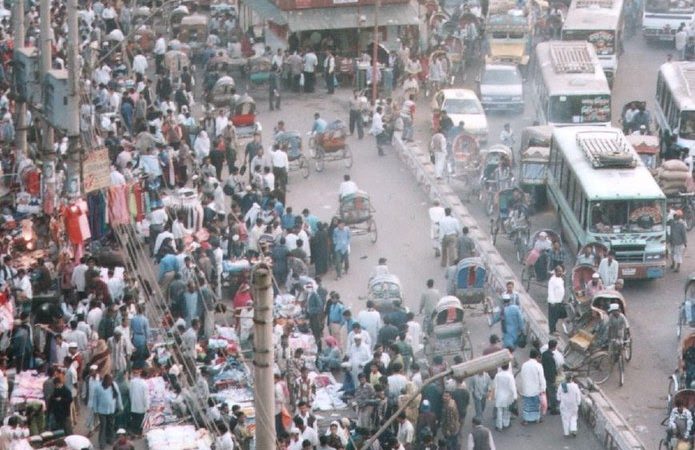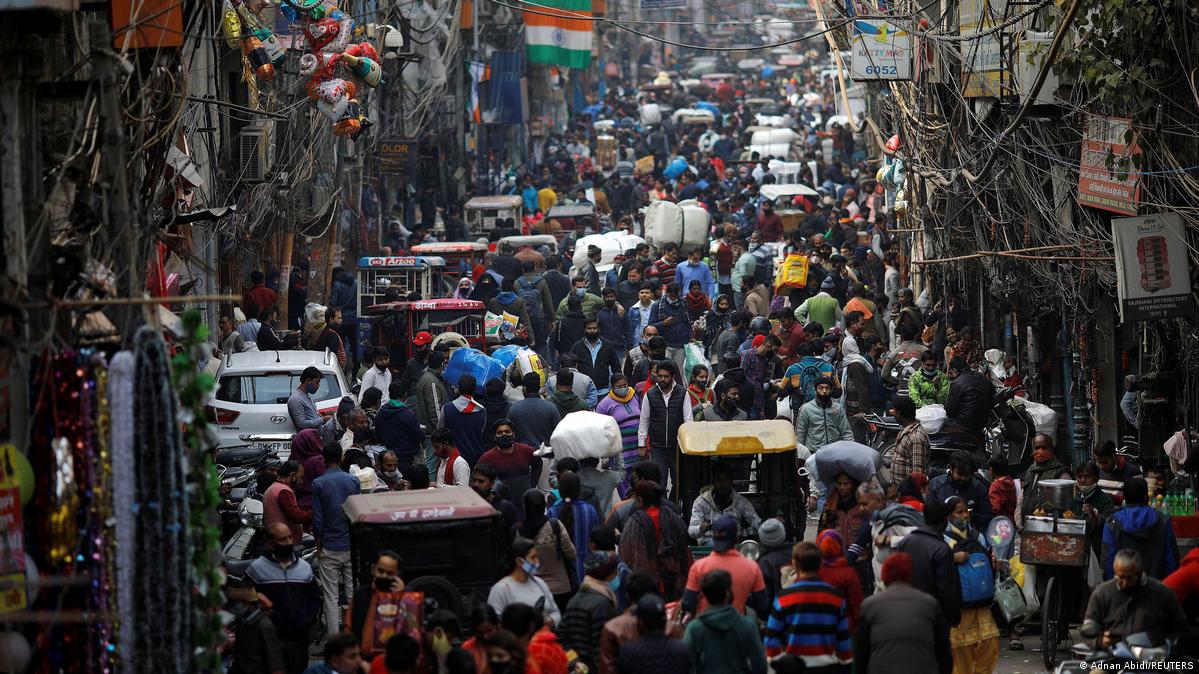Overpopulation poses a significant challenge to public health in India, with the country’s population ballooning from 336 million at independence to 1.5 billion today. This rapid growth exacerbates issues such as poverty, infectious diseases, and strained healthcare access.
Poonam Muttreja of the Population Foundation of India argues that while overpopulation is a critical factor, addressing it requires more than just population control. She advocates for a holistic approach that includes women’s empowerment, education, and improved reproductive health services, stressing the need to balance demand and supply in the healthcare system.
India’s healthcare sector is grappling with a severe shortage of human resources. Dr. Gandhali Deorukhkhar notes that the distribution of health workers is uneven, with most preferring to work in affluent areas. This disparity leaves poorer regions in northern and central India underserved, compounding the challenges posed by overpopulation.

Challenges of Overpopulation in India Addressing Health Inequities and Sustainability
The rising costs of healthcare further deepen these inequalities, making it increasingly difficult for low-income groups to access essential medical services.
Adding to these complexities is India’s declining fertility rate, which has dropped below replacement levels in many states. This demographic shift has significant implications for future population growth and underscores the need for policies that support sustainable development. Across religious groups, fertility rates are declining, reflecting broader societal changes and the impact of public health initiatives.
Addressing these challenges requires a nuanced understanding of inequities within Indian society. It is crucial to invest in girls’ education and empower women, as these interventions not only improve health outcomes but also contribute to sustainable development goals.
By tackling the inequitable distribution of resources and promoting responsible consumption patterns, India can mitigate the adverse effects of overpopulation on public health and pave the way for a healthier and more equitable society.











































